What is sleep inertia?
There are people who need only a few seconds to become fully aware and ready to get up. But such people belong to a minority. Most people feel groggy at least 10 or 15 minutes after waking up. This feeling of drowsiness and brain fog is called sleep inertia. The exact cause is not known, but there are several potential explanations.

For example, if you use a fixed-time alarm clock the chances that you will wake up during the REM phase are about 40%. Therefore, you will feel disoriented. Also, if you have problems with circadian rhythm because you engage in shift work, the symptoms of sleep inertia will be common. But sleep inertia is equally common in those who do not use fixed-time alarm clock nor engage in shift work.
There is no sure explanation for such situations. Experts for sleep believe that it is the brain's mechanism to help you fall asleep again as soon as possible when you suddenly wake up during the night. Sleep inertia is generally considered to be state rather than sleep disorder.
Sleep inertia symptoms
In most cases, symptoms of sleep inertia last between 10 minutes and an hour. But in some people, the symptoms can last for even a few hours. The symptoms are most pronounced in the moments after waking up, and then they decrease as time passes. In general, this is not a problem for all those who have enough time to let the symptoms of sleep inertia disappear before they start preparing for work or some other obligation.

But those who have to make important decisions and act immediately as soon as they wake up can put themselves or others in danger. These are mostly doctors, members of the security force, fire fighters and other similar professions.
Drowsiness
Drowsiness is certainly the most common symptom of sleep inertia. But sometimes it is difficult to distinguish drowsiness from the usual feeling of being sleepy a few minutes after waking up. Even those who do not suffer from sleep inertia are sleepy in those moments. If you notice extreme drowsiness then it may indicate sleep inertia but also other disorders such as sleep drunkenness
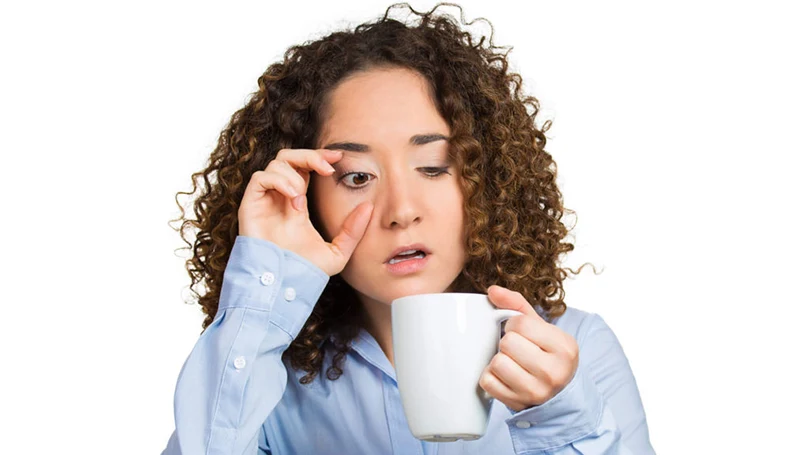
Impaired abilities
Drowsiness paired with impaired abilities, but less serious than in the case of suffering from sleep drunkenness, are a clear sign of sleep inertia. Impaired abilities can include cognitive abilities, but also visual problems as well as impaired spatial memory. So be careful during the first hour after waking up, especially if you need to drive.
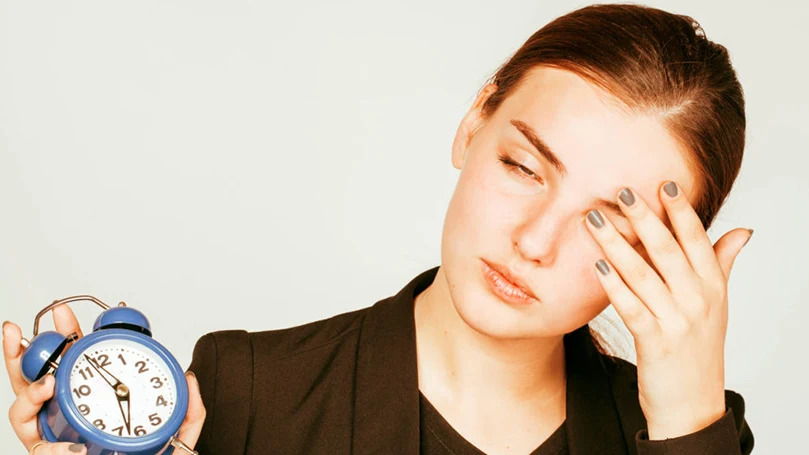
Causes of sleep inertia
As we have already mentioned, causes of sleep inertia are mostly unknown. But this does not mean that scientists are not constantly working to determine the cause so that the problem can be completely solved. Following are some of the accepted theories explaining this condition.
Delta wave increase
Delta waves are slowest waves in human brains. Like other brain waves, delta waves can be recorded with the help of electroencephalography (EEG). Research has shown that delta waves are common in children, as well as in people who suffer from ADHD or have suffered severe brain damage. In adults without health problems, delta waves are mostly associated with the NREM phase of sleep, also called slow wave sleep. It is believed that when the brain does not reduce delta waves during awakening, sleep inertia occurs.

Increased amount of Adenosine
Adenosine is a chemical, specifically an organic compound, and there are different types: adenosine, adenosine monophosphate (AMP), and adenosine triphosphate (ATP). Adenosine has a big influence on heart rhythm. It is used as a treatment for tachycardia. Another important role of adenosine is to regulate sleep cycle. In people who experience sleep inertia, it has been observed that adenosine level upon waking is significantly higher than it should be, so it is one more possible explanation.
Reduced blood flow
There are many causes of reduced blood flow in the brain, and some of them are vascular dementia, smoking, high cholesterol, high blood pressure, diabetes, etc. When ischemia occurs, sleep inertia is common, as are much more complicated, chronic problems. But the exact correlation between reduced blood flow and sleep inertia has not yet been established.
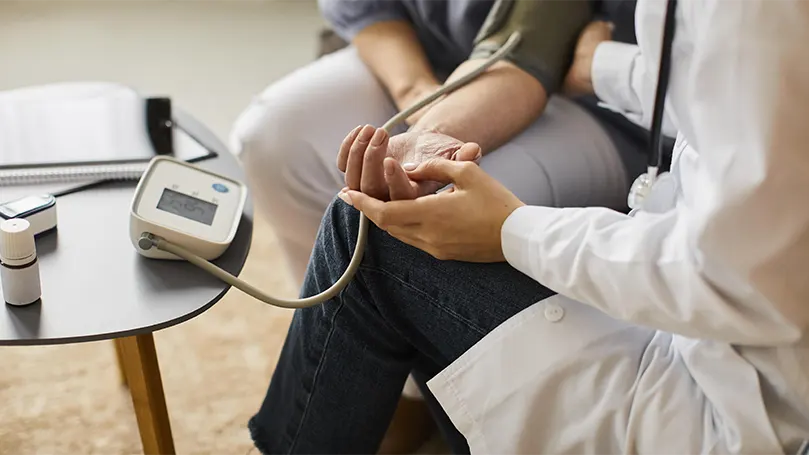
How to treat sleep inertia?
If you have severe sleep inertia, then you want to know how to treat it since it can disrupt your daily functioning. Since the cause is mostly unknown, that significantly complicates the treatment and there is practically no single way or sleep medicine that will solve your problems. Of course, this is the case when there is no underlying medical condition, such as sleep apnea, which causes sleep inertia. However, lifestyle changes will definitely help you deal with the symptoms much easier.
Naps
Napping is a great way to recharge your batteries during the day and reduce sleep debt if prior sleep deprivation took a toll. Afternoon naps are very beneficial if they do not last too long because then they can cause drowsiness and disturb night's sleep. With the help of naps, you will reduce the symptoms of sleep inertia. So even though you live in some of the most sleep deprived countries, don’t forget to take a nap at least a few times a week.

Drinking caffeine
Caffeine is extracted from the leaves and seeds of many plants and can be artificial as well. It is a natural stimulant that is completely safe to consume every day in moderation. That is why coffee has been drunk all over the world for thousands of years. So when you wake up groggy, coffee is a great choice because it will stimulate your nervous system and quickly increase alertness. If you feel sleepy during the day you can try with so-called coffee nap.

No light
Although some people like to sleep with the light on, that is not healthy since it can prevent deep sleep. If your child is scared to sleep in complete darkness, night light for kids is the solution. In other cases, it is necessary to provide complete darkness for sleeping, and this is easy to do thanks to the blackout curtains. Also, the lights in the bedroom should be pleasing to the eyes and brain, so that the secretion of melatonin remains normal for the evening hours.
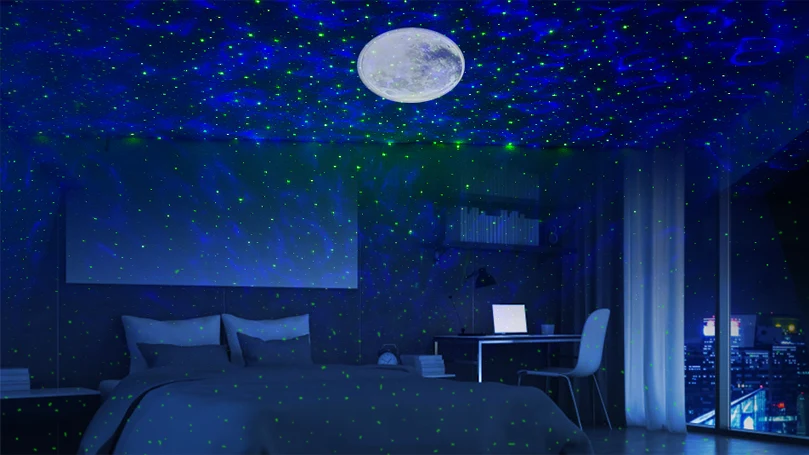
Temperature adjusting
If you sleep in a bedroom that is too hot, it can have very negative effects on your body and brain, ultimately leading to sleep inertia. Improper temperature can be one of the answers to the question of why you are still tired after 8 hours of sleep. There are numerous benefits of sleeping in a cold room, but not too cold.
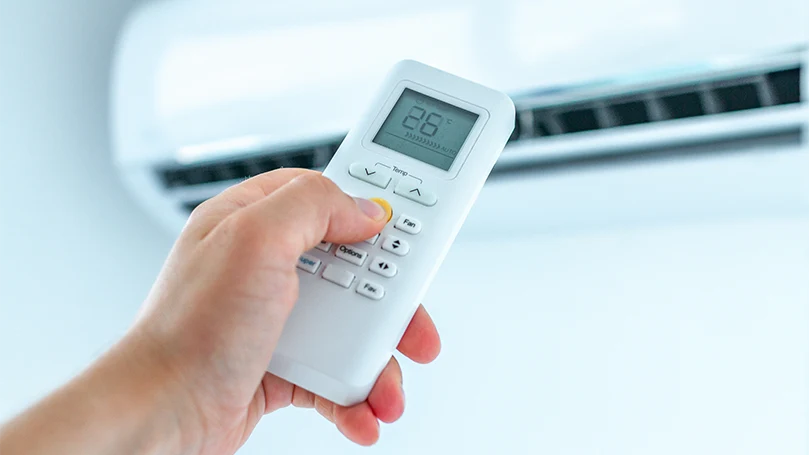
Getting the natural bedding
Surely you know the importance of mattresses and pillows. But have you ever wondered how important bedding is for a good night's sleep? Much more than one would expect. Our advice is to choose natural bedding, because such materials are very comfortable, and at the same time great for sensitive skin and allergy sufferers. The natural materials most commonly used are cotton, then bamboo, where the most famous is Panda bamboo bedding and eucalyptus.

Essential oils
Maybe sleep inertia is the result of being under constant stress, and this leads to nightmares. Everyone has nightmares occasionally, but if they are constant it means you have a problem which should be treated since nightmares may lead to other sleep disorders. There are various ways to avoid nightmares, and essential oils can help you relax and sleep better.

No electronics in bedroom
You should not carry electronics with you to the bedroom. Part of your sleep hygiene should be to avoid using smartphones, tablets and other devices for at least an hour before bedtime. The blue light emitted by such devices has a very negative effect on your sleep-wake cycle, primarily because blue light reduces the secretion of melatonin, the main sleep hormone.
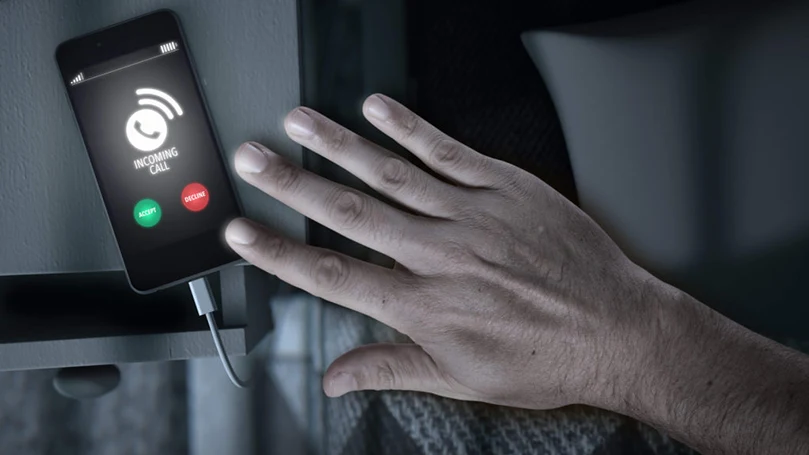
Daily exercising
Physical activity is necessary for you if you want to be healthy, both physically and mentally, and to be able to sleep well. Whether it's pushups before bed or yoga, it will improve your day to day life. If you are regularly physically active, you will not have to think how to wake yourself up, but you will get out of bed quickly and easily as soon as you wake up, ready to start a new day.

No smoking and drinking
The dangers of alcohol consumption and smoking have been well known for more than half a century. Alcohol and tobacco will negatively affect every part of the body, and the only question is which part will be damaged first. Will it be the brain, heart, liver or will you have a disorder like restless leg syndrome? People who consume too much alcohol and smoke are very susceptible to sleep inertia too.
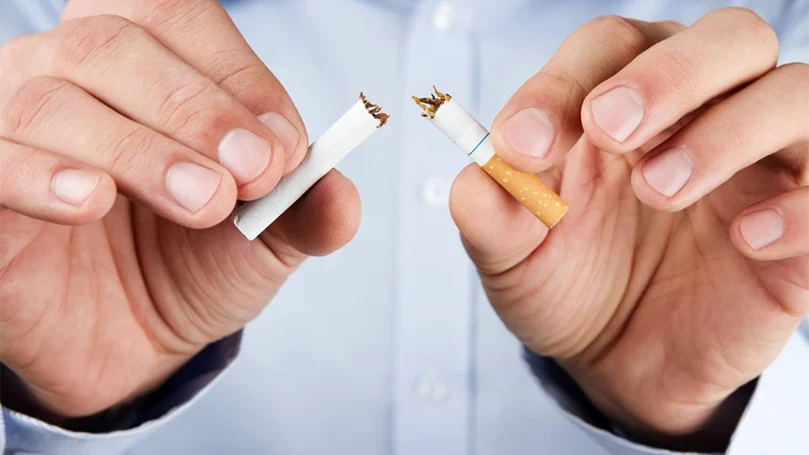
Avoid big meals prior to sleep
Big meals prior to sleep have a very similar effect on the body as alcohol consumption. That is why you feel drowsy after such meals and you are not able to fall asleep, and your sleep is segmented later that night. So you need to think about what to eat and what to avoid before bed. If you ate a big meal in the evening, then sleeping position for digestion of food may help, but try to make it happen as rarely as possible.

When to call a doctor?
It is simple to determine whether and when to call a doctor for sleep inertia. If the symptoms are short-lived and coffee and a shower are enough to make you feel ready for the rest of the day, then there is no reason to call a doctor.

But if the symptoms linger even after few hours since waking up, then you may need help. Especially if you have a very responsible job where your focus must be at the highest level at all times. The doctor will know if you just need to change your habits or it's time to go to a sleep clinic.
Conclusion – is sleep inertia generally dangerous to your health?
Sleep inertia may or may not be dangerous to your health. Generally, it is not directly dangerous to your health, such as some other sleep disorders like sleep apnea and many others that can cause new health problems to appear. Sleep inertia will not directly cause any problems in your body. But it can be indirectly dangerous because sleep inertia will reduce your focus and this can put you in various dangerous situations.
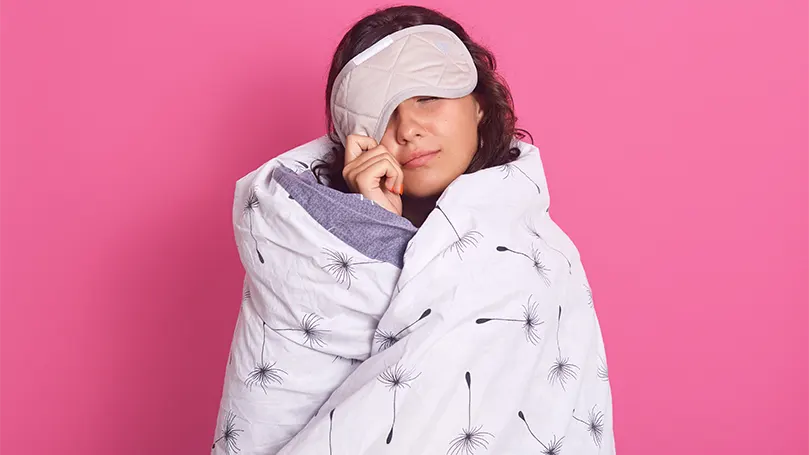
If you notice sleep inertia lasting more than half an hour, consult a doctor. Also, take the necessary steps to improve sleep quality and to wake up faster and easier in the morning. Sleep inertia does not have to have a negative impact on your life if you know how to control it. If it lasts very short, only a few minutes, there is no reason to worry.















There are no comments yet
"*" indicates required fields